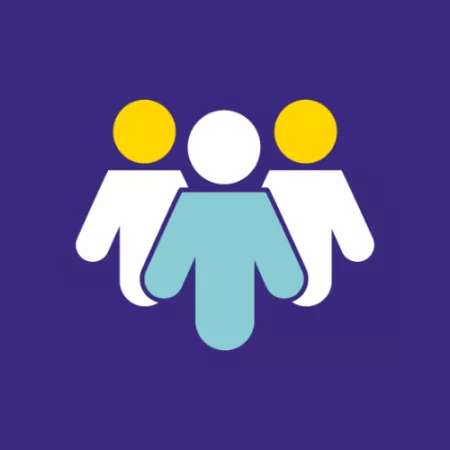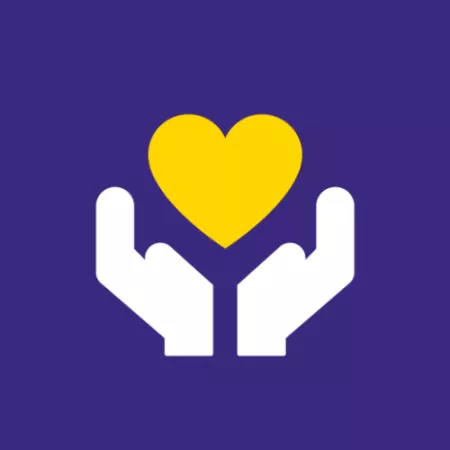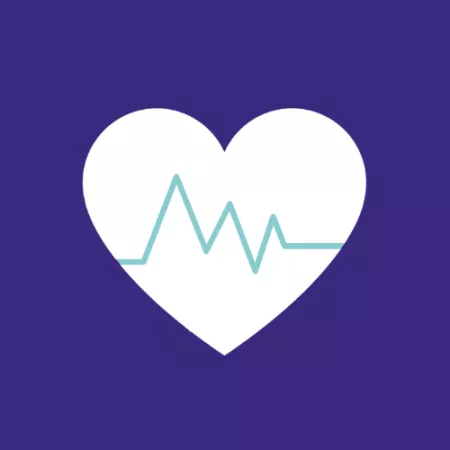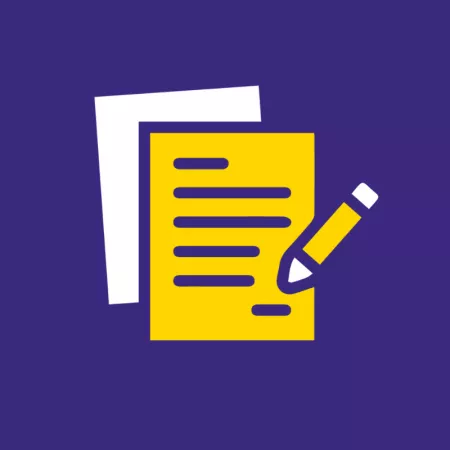Your child is growing up, so things are changing fast.
Find out here about encouraging their independence and keeping them informed and safe – including the facts about alcohol, epilepsy and seizures.
You’ll also find information on driving and epilepsy, benefits and travel concessions.
Encourage a full life
Your child, like all teenagers, will have a strong desire to ‘fit in’ with their peers and feel independent.
As a parent, it’s natural to want to overprotect your child during their adolescence. But that may just put a strain on your relationship with them.
So, instead, encourage them to lead a full life, with as few restrictions as possible.
The more independence your child has, the more ‘in control’ they’ll feel, which will lessen epilepsy’s impact on their way of life. They’ll also feel less isolated.
Understanding Risks
In adolescence, teenagers may start to get more rebellious. While that’s completely normal, it may be more serious for a young person with epilepsy.
It’s not uncommon for young people to resist taking their medication, either in defiance or in denial of their condition.
Young people with epilepsy may also become more concerned about the side effects of anti-seizure medications.
Also, they’re more likely to be exposed to alcohol and recreational drugs, and experience irregular sleep patterns.
All of the above can lead to more seizures or loss of seizure control. Your child can talk to their healthcare team about managing seizure risks. Encourage your child to speak to their healthcare team without you present for part of their appointment, so that they can talk through risks openly and honestly. It’s important that your child takes their medication as prescribed.
Some anti-seizure medications can increase the effect alcohol has on the body.
Your child might be tempted to skip their medication so they can drink more alcohol. Make them aware that this can have serious consequences.
Keep them informed, keep them safe
The key to staying safe is being well informed. So, make sure your child understands as much as possible about their epilepsy.
Encourage them to tell their close friends about their condition. They should make sure their friends know what to do if they have a seizure. This should help them feel less anxious.
Also, they won’t always be involved in activities with their friends, so encourage them to wear or carry some form of medical ID. It is also useful for them to record their medical ID information and emergency contacts on their mobile phone.
Epilepsy and driving
Before your child can start to learn to drive, they will need to apply to the DVLA (https://www.gov.uk/driving-medical-conditions) for a provisional driving licence. As part of the application, they will be asked if they have any medical conditions, including epilepsy.
If your child already has a driving licence and is learning to drive, they must inform the DVLA. They must also stop driving straight away.
They can be fined up to £1,000 if they don’t tell DVLA about a medical condition that affects their driving. They may be prosecuted if they’re involved in an accident as a result.
They can report their condition online, or download and complete the form FEPI.
Their licence may be taken away. When they can reapply for it depends on the type of seizure they had. Check the DVLA website for current restrictions.
Their licence will be taken away. They can reapply if they haven’t had a seizure for at least a year.
If they’ve had a seizure because their doctor changed or reduced their anti-seizure medication, they can reapply when:
- The seizure was more than six months ago
- They’ve been back on their previous medication for six months
- They haven’t had another seizure in that time
Their licence will be taken away. They can reapply when:
- They haven’t had a seizure for six months
- DVLA’s medical advisers decide there isn’t a high risk you’ll have another seizure
They may still qualify for a licence if the only seizures they’ve had in the past three years have been while they were asleep.
The DVLA will let them know whether or not they qualify after they’ve filled in the FEP1 form. Until they hear from the DVLA, they must stop driving.
They may still qualify for a licence if it’s been 12 months or more since their first seizure.
The DVLA will let them know whether or not they qualify after they’ve filled in the FEP1 form. Until they hear from the DVLA, they must stop driving.
They may still qualify for a licence if the only type of seizure they’ve ever had is one where:
- They were fully conscious and aware of what was happening around them
- They were able to move and did not lose control of their movements
Their first seizure must have been 12 months ago or more.
The DVLA will let them know whether or not they qualify after they’ve filled in the FEP1 form. Until they hear from the DVLA, they must stop driving.
To find out more about all of the above, and about DVLA requirements relating to epilepsy and bus, coach and lorry licences, please visit GOV.UK Epilepsy and driving.
What benefits can my child get once they’re 16?
Once your child turns 16, they may be able to get a Personal Independence Payment (PIP) to help with some of the extra costs caused by their epilepsy.
The payment your child receives will depend on how their epilepsy affects their life.
Find out more about Personal Independence Payment (PIP).
Epilepsy Action also have useful information on applying for PIP.
You can get help with filling out the application form from Citizens Advice:
If your child lives alone, they may be eligible for other disability benefits.
Find out more about benefits and financial support if you're disabled or have a health condition.
Can my child get help with the cost of public transport?
They may be eligible for a Disabled Person’s Bus Pass and Disabled Person’s Railcard.
A disabled person’s bus pass offers concessionary travel. Click on the links below to find out more about applying in your part of the UK:
A Disabled Persons Railcard provides a third off the price of tickets and can be used to travel anywhere at any time. Click on the link below to find out more and to apply:
Your child will need to provide proof of their condition when applying for either of these. A letter from their clinic or consultant is usually all they’ll need.






